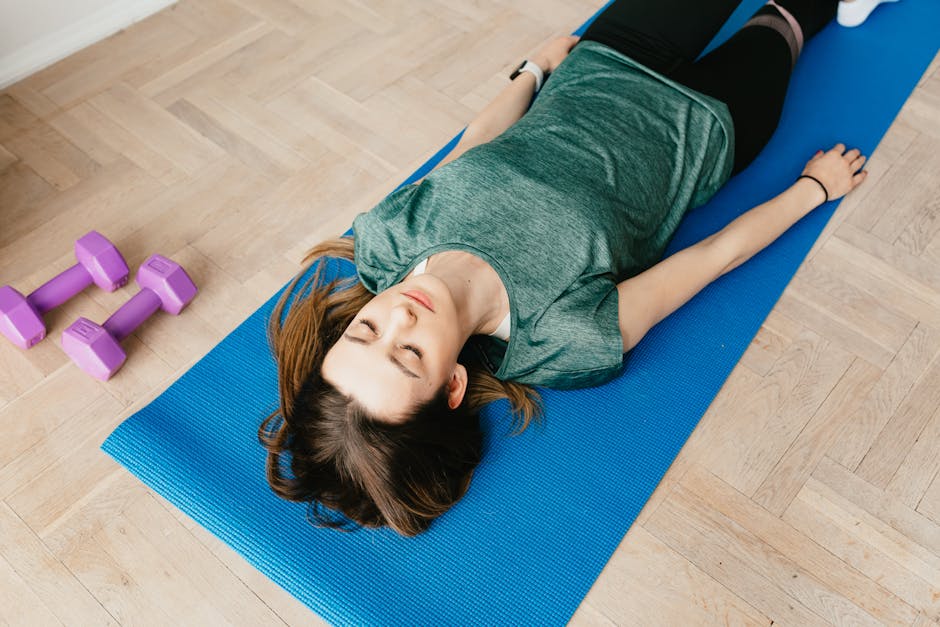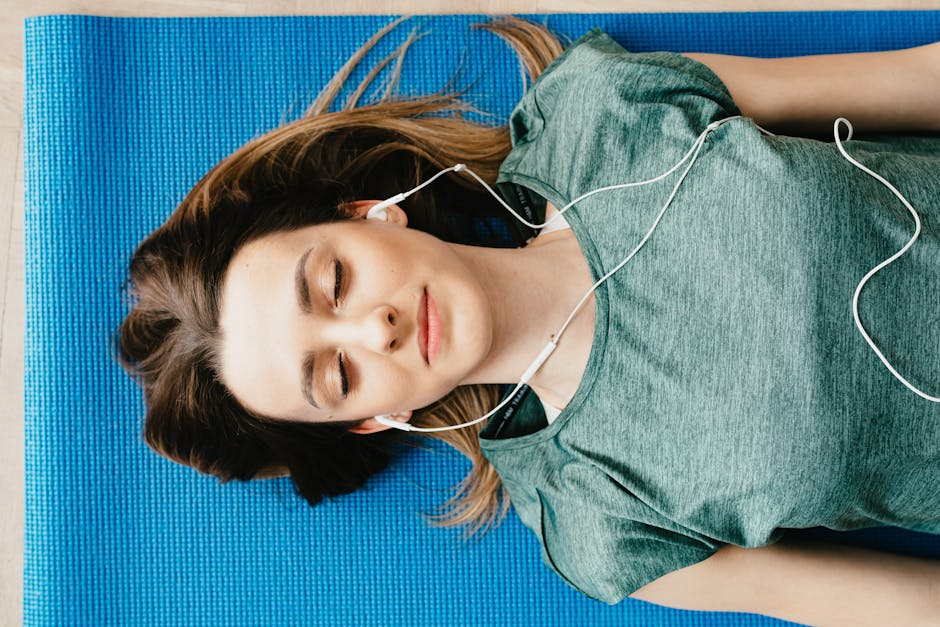Quality sleep is not just a luxury, but a fundamental part of a healthy lifestyle. It plays a vital role in our physical health, mental wellbeing, and overall quality of life. However, many people struggle to get a good night’s sleep. This is where the practice of meditation comes in. There is a growing body of research suggesting a strong connection between meditation and improved sleep. By helping to calm the mind and relax the body, meditation can be a powerful tool for combating insomnia and other sleep disorders.
Understanding sleep and its cycles can help us appreciate the importance of good sleep hygiene. Sleep is divided into several stages, including light sleep, deep sleep, and REM sleep. Each stage plays a crucial role in restoring and rejuvenating our bodies. However, many people suffer from common sleep disorders such as insomnia, sleep apnea, and restless leg syndrome, which can disrupt these cycles and lead to poor sleep quality.
Meditation can offer a natural, drug-free way to combat these sleep disorders. By reducing stress and anxiety, promoting relaxation and calmness, and improving sleep quality and duration, meditation can help us achieve the restful sleep we need.

Photo by Karolina Grabowska on Pexels
There are several different meditation techniques that can be used to improve sleep. Mindfulness meditation encourages us to focus on the present moment, helping to quiet the mind and reduce stress. Body scan meditation involves mentally scanning each part of the body to promote physical relaxation. Loving-kindness meditation, on the other hand, involves focusing on developing feelings of compassion and love towards oneself and others, which can help promote a sense of peace and relaxation.
Establishing a regular meditation routine can be key to reaping these sleep benefits. This can involve creating a peaceful sleep environment, setting aside dedicated meditation time, and incorporating meditation into your bedtime routine. By making meditation a regular part of your life, you can help set the stage for better sleep.

Photo by Karolina Grabowska on Pexels
For those new to meditation, there are several tips that can help make the practice more successful. Start with short sessions and gradually increase the duration as you become more comfortable with the practice. Find a comfortable meditation posture that allows you to relax without falling asleep. Consider using guided meditation apps or recordings to help guide your practice.
In addition to meditation, there are several other practices that can enhance sleep quality. These include maintaining a consistent sleep schedule, limiting exposure to electronic devices before bedtime, and practicing relaxation techniques such as deep breathing or progressive muscle relaxation. By incorporating these practices into your routine, you can further enhance your sleep quality and wake up feeling refreshed and rejuvenated.

Photo by Karolina Grabowska on Pexels
In conclusion, meditation can be a powerful tool for improving sleep. By reducing stress and promoting relaxation, it can help us achieve the restful, rejuvenating sleep we need to thrive. So why not give it a try? Incorporate meditation into your daily routine and discover the difference it can make to your sleep quality. #MeditationForBetterSleep #SleepWell #RelaxationTechniques #Mindfulness #SleepMeditation
For more information on meditation and its benefits, check out our other articles on the power of meditation, managing social anxiety, and the mind-body connection in chronic pain management.



